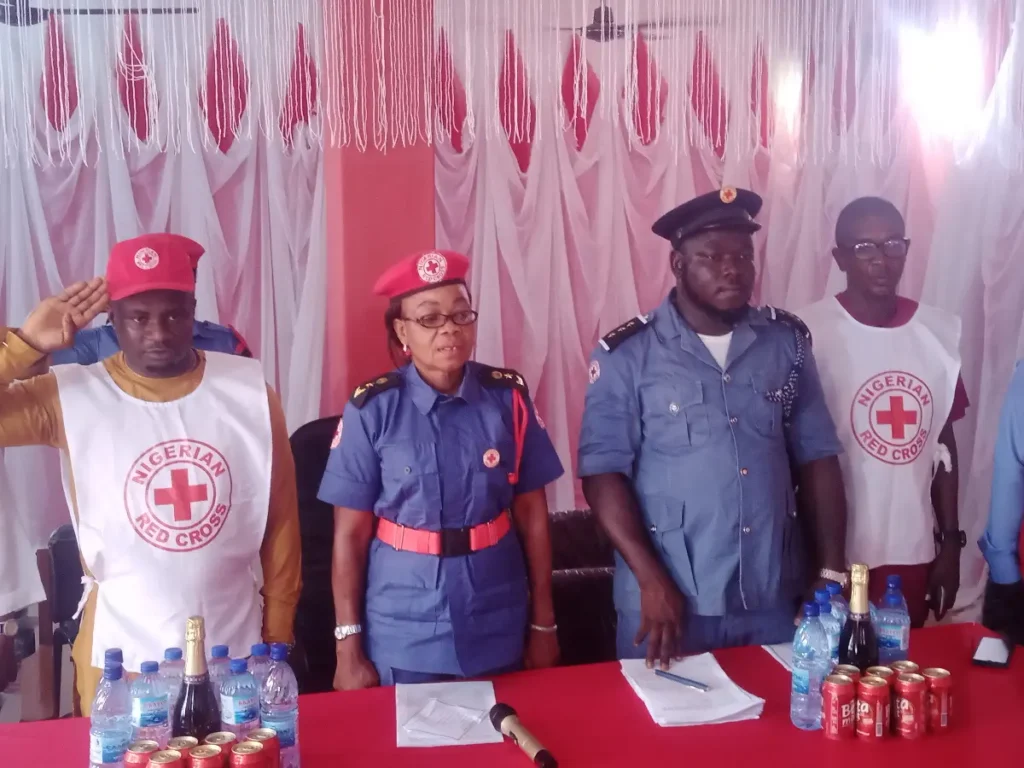CurrentReport Blog The Anambra State chapter of the Nigerian Red Cross Society has initiated a crucial campaign aimed at raising awareness among residents in riverine areas to mitigate potential flood disasters. This proactive measure was announced by Professor Charity Ifeyinwa Emelie, the state chairman of the society, during a press conference commemorating this year’s World Red Cross Day.
Addressing journalists, Professor Emelie emphasized the importance of sensitizing communities living in flood-prone regions about the impending risks. Despite the reluctance of residents to leave their homes, especially given their predominantly agricultural livelihoods, the Red Cross is actively encouraging them to relocate to safer, upland areas to avert disaster.
The organization’s efforts extend to assessing the vulnerability of communities in flood-prone areas such as Ogbaru, Anambra East, Anambra West, Ayamelum, and Awka North. Beyond raising awareness, the Red Cross is providing tangible support to affected individuals and families. This includes the distribution of essential items such as food, hygiene kits, farmer’s kits, and shelter kits to thousands of impacted people.
Moreover, the Red Cross has undertaken initiatives to enhance community resilience, including free first aid training, provision of first aid kits to schools, stakeholders, and partners, as well as the provision of non-consumable clinical materials to selected health centers. Notably, in a gesture of direct assistance, the organization distributed financial aid totaling N61,000.00 to 1,500 households affected by the floods.
In light of the ongoing efforts by the Anambra State chapter of the Nigerian Red Cross Society, there is hope for increased awareness, preparedness, and resilience among communities facing the threat of flooding. Through a combination of education, support, and proactive measures, the Red Cross aims to minimize the impact of natural disasters and safeguard the well-being of vulnerable populations.












